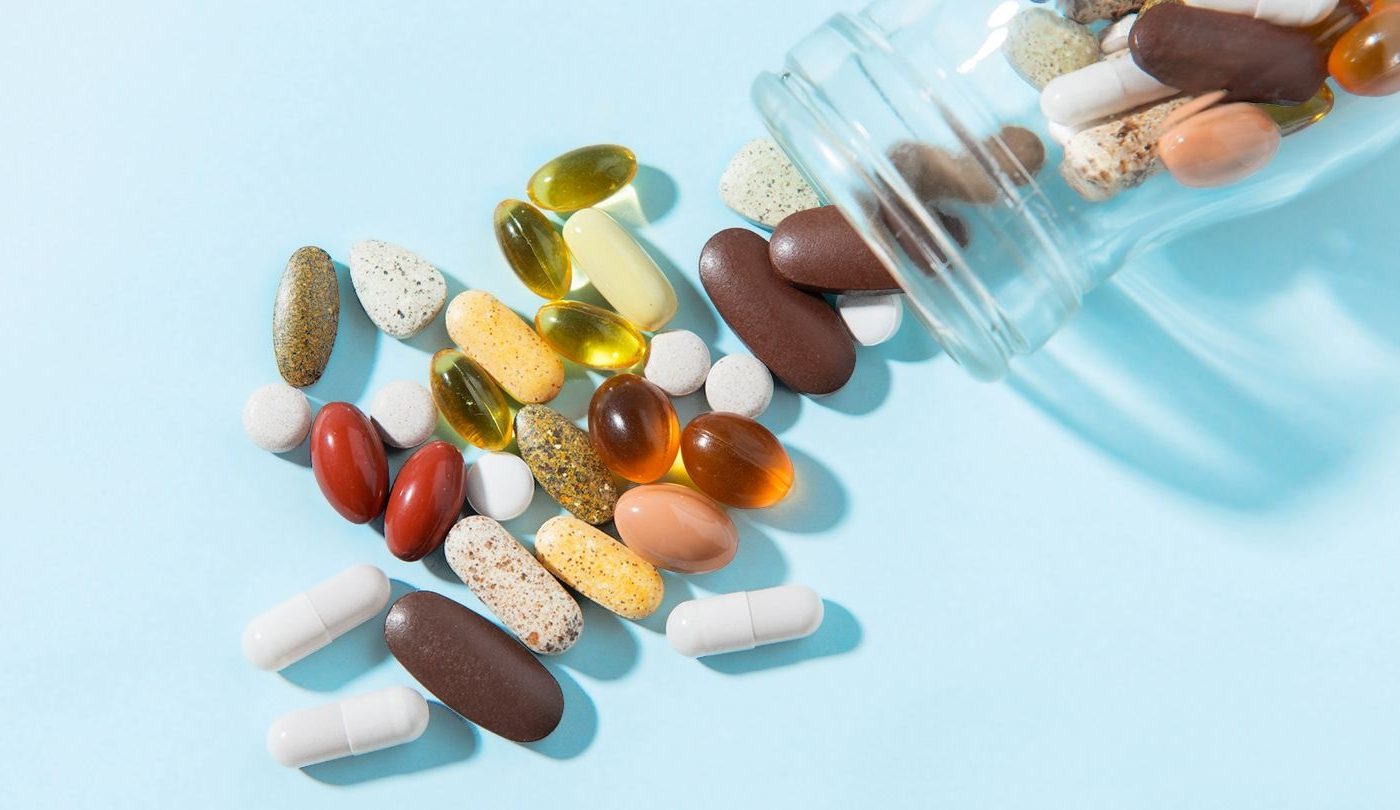The multibillion-dollar diet pill and supplement industry entices consumers with dramatic weight loss promises. But, behind flashy marketing are real safety concerns you need to know before use. Unlike regulated medications, supplements have far less oversight. Most consumers lack knowledge about the testing limitations, potential contaminants, and health risks involved. Reaching your wellness goals begins with being an informed consumer.
Limited regulation
Manufacturers must register with the FDA and follow good manufacturing processes. However, they are not mandated to prove safety or effectiveness like with pharmaceuticals. Essentially, the supplement industry is operating on the honor system with consumers’ health at stake. Always be aware that just because something is on the shelf, does not mean it has been rigorously tested. Scrutinize products rather than assuming they are vetted. The regulatory gaps require diligence.
Hidden ingredients and contamination
Without stringent testing regulations, deceitful supplement manufacturers take shortcuts hiding actual ingredients and using contaminated raw materials to cut costs. Multiple class action lawsuits and FDA consumer warnings have exposed dishonest labeling practices like spiking products with hidden pharmaceuticals linked to injuries and hospitalizations. News investigations have also revealed dangerous supplements tainted with heavy metals, pesticides, bacteria, and prescription medications. Always thoroughly research a manufacturer’s reputation and third-party certifications. Avoid products with proprietary blends since the amounts of ingredients are unclear.
Adulterated weight loss products
Weight loss pills and fat burners are among the top categories of supplements found to contain concealed addictive pharmaceuticals according to FDA analyses. Oftentimes, products marketed for weight loss contain prescription-strength doses of medications like sibutramine, phenolphthalein, and bumetanide illegally without labeling them. This puts consumers at severe risk of overdose. Groups like Labdoor purchase and independently test top-selling diet pills for undisclosed pharmaceutical adulterants. Their findings reveal shocking percentages contaminated with illegal and dangerous drugs falsely marketed as natural. Always opt for reputable brands with transparent labels.
Interactions with medications
Numerous prescriptions carry warnings against combining with stimulants found in diet pills and fat burners. Mixing supplements with medications for diabetes, depression, high blood pressure and more could lead to adverse reactions. Always disclose all supplements you take to healthcare providers. Have an open discussion about potential interactions with your prescriptions and medical conditions to determine what is safe. Do not blindly mix pills with your meds.
Just like food allergies, certain supplement ingredients trigger potentially life-threatening allergic reactions and anaphylaxis in sensitive individuals. Herbs like bitter orange, kola nut, and green tea contain naturally occurring compounds identical to those some are allergic to. Food allergy testing identifies sensitivities warranting supplement avoidance. When trying new products, ingest a small amount and watch for reactions. Informed consumers understand the risks involved with diet pills and supplements. Do not make assumptions about safety and efficacy just because a weight loss pills by phenq product is available over the counter. Take control of your health by thoroughly vetting brands, comparing third-party certifications, consulting doctors about interactions and sensitivities, and listening to your body’s response. Let safety be the number one priority.








